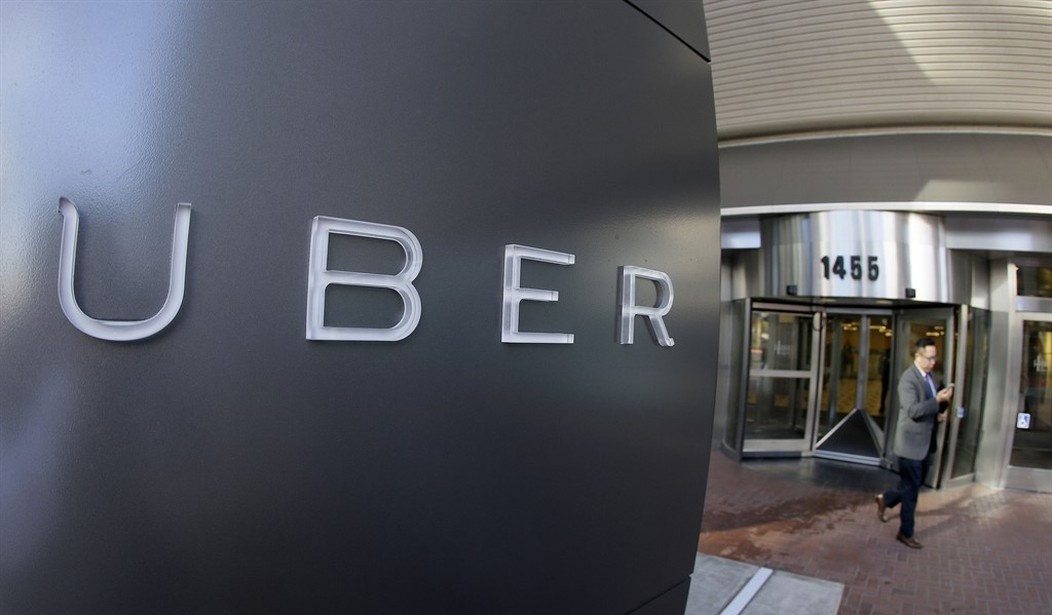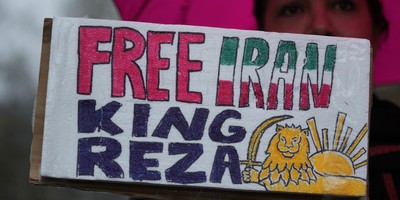Jeb Bush is a fan. Ditto for Rand Paul and Marco Rubio. Hillary Clinton isn’t so sure. Martin O’Malley says it exposes the need to update our labor laws. Everyone is talking about Uber these days. The topic has even become part of the presidential election.
Full disclosure: I’m also a fan. I travel a lot. When I am away from home I typically use Uber cars if they are available. When I do, I often ask the drivers how they like working with Uber. I have never had one complain.
The most common comment from Uber drivers: they like the flexibility of the arrangement. They can work whenever they want to work. They can work as many hours as they want to work. If they need more income, they can work more. If they don’t, they are free to work less. What’s not to like?
A lot apparently. But the critics aren’t connected to Uber. They are sitting on the sidelines and griping. They are upset because Uber is challenging their view of how the world should work. Chief among these critics are labor union leaders. But they also include the editorial writers for The New York Times. The problem? Uber drivers aren’t actually “employees.” They are “independent contractors” for the purposes of federal labor law.
For example, an editorial in the Times last Sunday complains that:
There is a long history of businesses that try to deprive workers of the protections and benefits they are entitled to under the law by wrongly treating them as independent contractors, rather than employees.
If you perform services for other people, there are basically two sets of laws: labor law and common law. If you are an independent contractor your relationship with people you work for is completely contractual. Neither buyers nor sellers have any obligations other than what has been agreed to. If you are an employee, however, there are laws governing the minimum amount you must be paid, how many hours you can work without a change in pay, etc.
Recommended
Remember, Uber is a pass through entity. It connects buyers and sellers. The real exchange is between rider and driver. So let’s forget Uber the company for a moment and consider what would happen if we subjected Uber riders and Uber drivers to traditional labor law.
For one thing, Uber drivers would be in violation of labor law if their income per hour worked doesn’t at least match the federal minimum wage. Then, if they worked more than 40 hours they would be in violation if the extra hours didn’t generate at least 50 percent more income per hour than their normal rate. They would be forced to contribute to workers compensation insurance scheme and pay unemployment insurance taxes.
On the buyer side, Uber encourages you to rate its drivers from one to five stars and drivers get bonuses based on these ratings. But if labor law applied, you would have a new set of worries. What if some sharp plaintiff’s lawyer discovered there was a pattern in your ratings? Suppose a statistically significant difference turned up in the way you rated black drivers versus whites? Or men versus women? Or, old versus young? Or, Christian versus Muslim or some other religion?
Statistics teaches us that even if you handed out rating stars randomly, five percent of the time a spurious correlation will emerge. And that could land you in court.
Notice that in going through these hypotheticals, I am completely ignoring “the firm.” In doing so, we find out that what The New York Times calls “benefits and protections” are actually burdens. This is consistent with economic theory. When the government taxes labor or when it regulates labor the burden doesn’t fall on companies. The burden falls on customers and on the workers themselves.
The Uber phenomenon is part of what is called the “gig economy.” Modern technology is making it possible to satisfy our needs in new and exciting ways. The prospects are truly breathtaking – unless government stands in the way.

























Join the conversation as a VIP Member